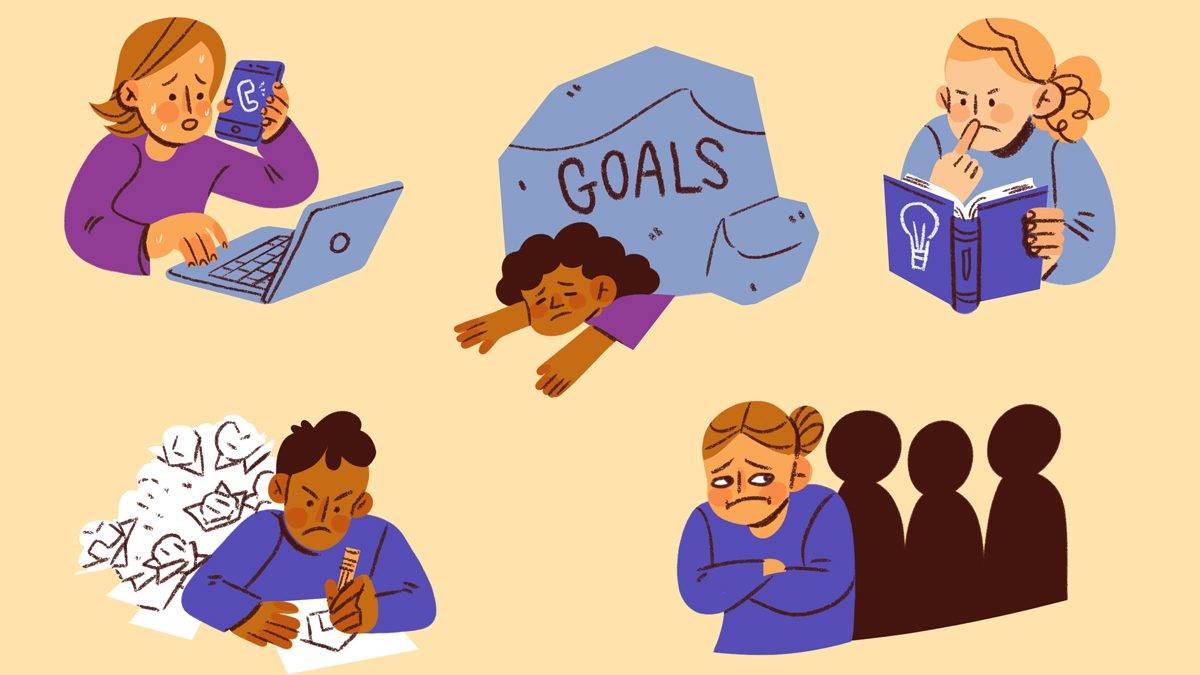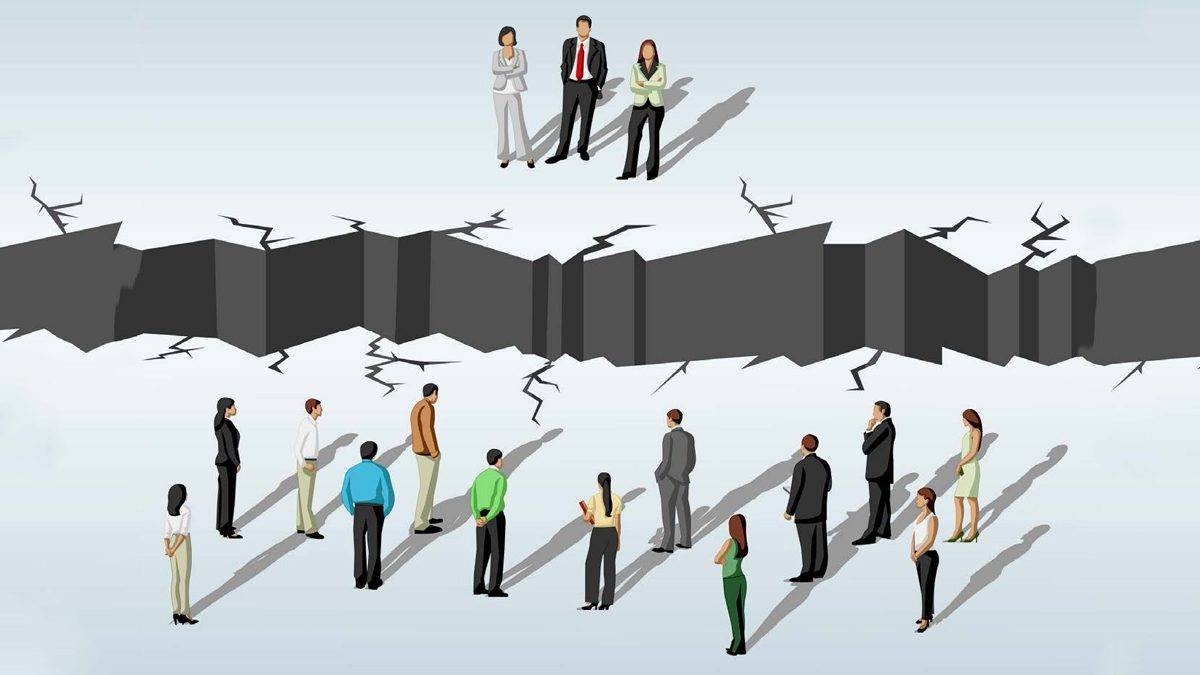Have you ever felt like a fraud or that you don’t deserve your achievements? You’re not alone. This experience is called imposter syndrome, a persistent feeling of self-doubt and inadequacy despite evident success. People with imposter syndrome may attribute their achievements to luck or fear being “found out” as unqualified. This guide explores the symptoms,[…]
Author Archives: Dr. Sadaqat ali
Codependency is a subtle yet powerful condition that can significantly impact personal well-being and relationships. It manifests when thoughts and behaviors revolve excessively around another person, leading to a reactive rather than proactive life. Often associated with addiction, codependents may center their lives around substances, work, or relationships instead of their internal needs. Origins of[…]
In which Dr. Sadaqat Ali states the reason why people raise their fingers on the second marriage? Does this mean that doing something affects the intentions of the person doing it? In fact, no one can lift a finger on anything that is legitimate. But any work that is not done legally will definitely raise a finger. Second marriage[…]
“What Factors Cause Conflicts in a Family Business?” For the past two centuries, family businesses have sprung up all over the world. Advancement in technology and ease of communication are two major factors that have helped family businesses to expand and evolve. If we take a closer look at history books, we can see that kings used[…]
“Psycho-Social Impact of PUBG” PUBG is one of the most widely played video games today. According to an estimate, 227 million people play PUBG every month. People from all around the world play this game as it is one of the easiest and conveniently accessed games with simple controls and addictive features which makes an individual play it[…]
“4 Types of Narcissism Share This Trait” Narcissism is many-faceted and comes in several types. Narcissists will use a variety of tactics and defenses to keep you insecure and ensure their status and their needs are met. It’s easy to be confused, but it’s important to understand and spot which type of narcissist you’re dealing[…]
–Is Game Addiction / Behavioural Addiction A Disorder? A diversion disorder, go typically named “video game addiction,” is a pattern of game-playing behavior—involving online gaming or offline video games that is difficult to manage which continue intense despite serious bad consequences in alternative areas of the gamer’s life. The expert discussed whether or not severely problematic diversion actually constitutes an “addiction” like other chemical addictions such as drug and[…]
This week, an article in The New York Times sparked significant discussion online with its headline: “Small Number of Covid Patients Develop Severe Psychotic Symptoms.” While alarming at first glance, it’s important to understand what this truly means. What is Psychosis? Psychosis is a medical term used to describe a condition affecting one’s thoughts and[…]
How to Mend a Family Rift? We often think of family bonds as unbreakable, no matter the circumstances. But, in fact, most American families experience an estrangement that leads to anger, sadness, and heartache. Pillemer conducted the first-ever national survey on estrangement, in which he queried more than 1,300 people. He found about 27 percent of the U.S. population, or about 67 million people, are currently living with an active estrangement in their family, and the majority[…]
Anger, like happiness, sorrow, worry, and contempt, is one of the most fundamental human emotions. These emotions have been perfected over the course of human history and are linked to basic survival. Anger is linked to the sympathetic nervous system’s “fight, flight, or freeze” response, which prepares humans to battle. Fighting, on the other hand,[…]










